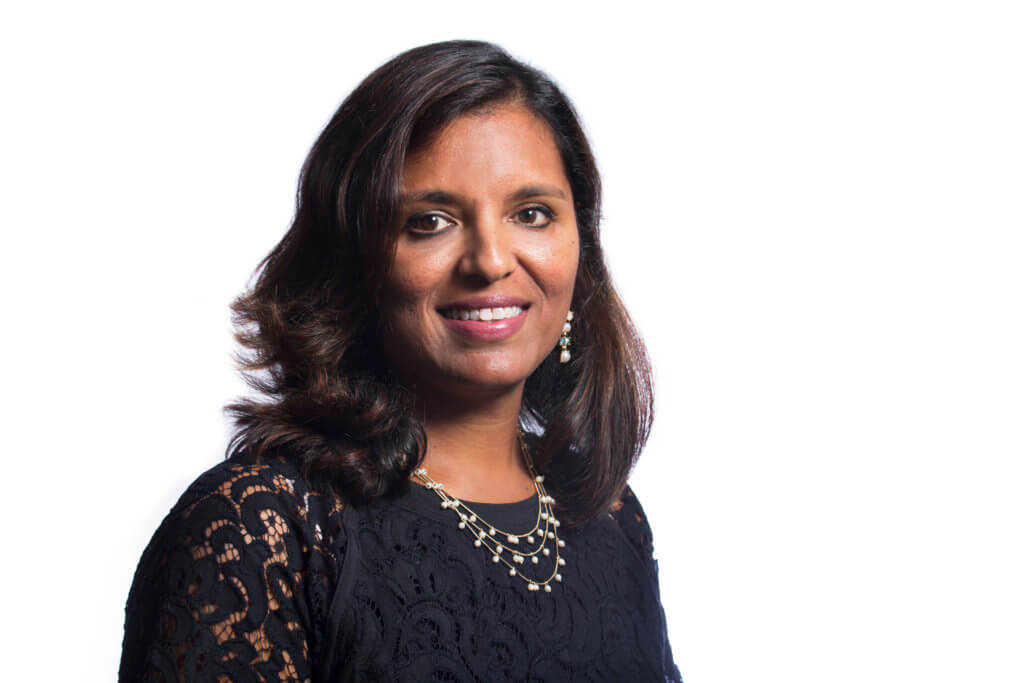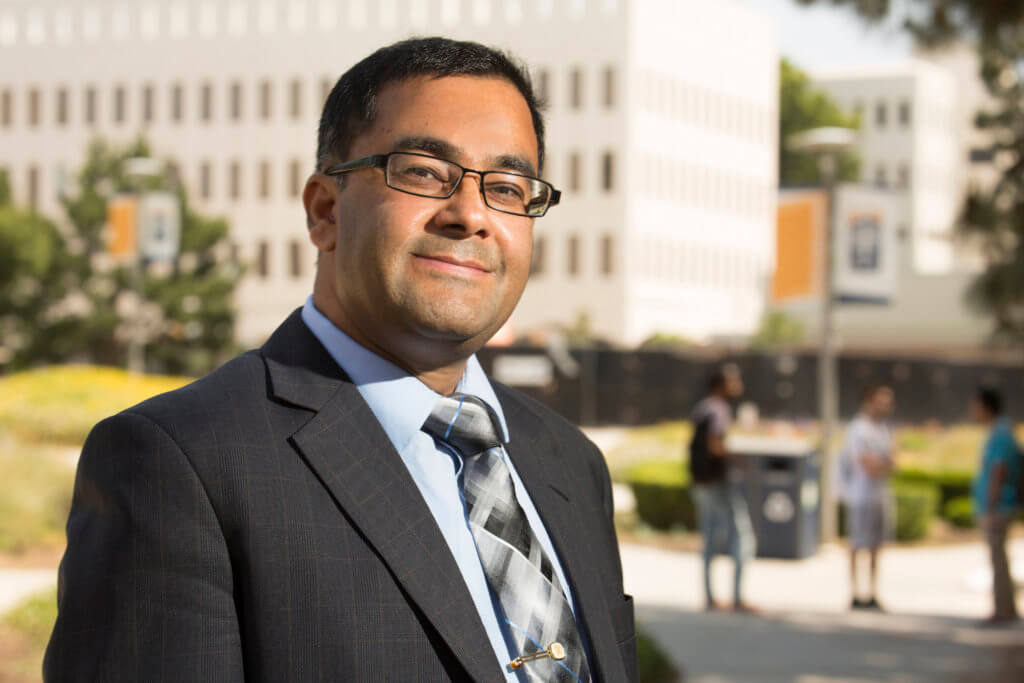
Six Cal State Fullerton faculty-student teams representing a range of disciplines and research topics have been selected for the Council on Undergraduate Research’s inaugural Scholars Transforming Through Research Program.
The Titan teams — consisting of nine students and five faculty members — represent four colleges and the disciplines of biological science, chemistry and biochemistry, communication sciences and disorders, computer engineering and public health. Students’ research projects focus on such topics as female health risks, the role of RNA binding proteins and impacts of human activities to desert tortoises.
Teams accepted to be a part of the 2022-23 program are from 62 institutions in 28 states and are made up of 75 campus representatives and 124 undergraduate researchers.

Nationally, CSUF represents the highest number of teams and team members, said Archana McEligot, professor of public health and director of CSUF’s new Undergraduate Research Opportunity Center.
“This program is an incredible opportunity for faculty mentors and undergraduate students to gain invaluable insight and experience in translating the impact of scholarly, creative and research activities on campus,” McEligot said.
Scholars Transforming Through Research Program replaces CUR’s Posters on the Hill and Research Experiences for Undergraduates Symposium, noted Binod Tiwari, associate vice president for research and sponsored projects.
“Scholars Transforming Through Research Program is very prestigious and competitive,” Tiwari added. “Our students and faculty mentors put together strong applications for this inaugural cohort.”

The timely establishment of the university’s Undergraduate Research Opportunity Center, launched this semester with the financial support from the Scott-Jewett gift, and support to undergraduate research and creative activities through the Summer Undergraduate Research Academy (SUReA) program, played important roles in CSUF’s selection, Tiwari noted.
Teams participate in a six-month program aimed at developing students’ communication and advocacy skills to convey their undergraduate research experience to diverse stakeholder groups, such as funding agencies, association partners, elected officials, future employers and community members, McEligot said.
“The experience aims to empower students and faculty members in advocating for the high-impact practices of undergraduate research,” she added.
The program begins with a two-day, in-person training in Alexandria, Virginia, in late October. In subsequent months, students and faculty will participate in webinars and online meetings with policymakers. A celebration of students’ completion of the program is planned for April, which includes a virtual showcase.
The university’s Office of Research and Sponsored Projects is providing teams with financial and logistical support. The Undergraduate Research Opportunity Center is assisting with coordination and ongoing guidance to bolster student engagement and success with the program, McEligot said.
The CSUF teams, including the students’ majors and research projects, are:
- William “Bill” Hoese, professor of biological science and CSUF’s 2021 Outstanding Professor, and Gerardo Avila, biological science-ecology and evolutionary biology, “Emerging From the Shell: An Undergraduate Researcher’s Experience With Desert Tortoises.”
- Montana Mellody, chemistry-biochemistry graduate student lead, and Abigail Anastasi and Azeem Horani, both biochemistry majors, “Understanding the Role of Acetate Modifications in Polypyrimidine Tract Binding Protein 1 RNA Recognition Motif 3 and RNA Recognition Motif 4.”
- Ying-Chiao Tsao, associate professor of communication sciences and disorders, and Nandini Bhakta, communicative disorders, “Promoting Cultural Humility and Research Interest in Undergraduate Students Through Community Outreach Activities.”
- Ankita Mohapatra, assistant professor of computer engineering, Gerardo Robledo, computer science, and Anthony Ruiz, computer engineering, “Impact of Undergraduate Research Experiences in Engineering and Computer Science.”
- Alice Lee, associate professor of public health, and Heather Franson, public health, “Using National Survey Data to Explore Important Topics Related to Female Health Risks.”
- Joshua Yang, professor of public health, and Pauline Lim, public health, “Undergraduate Research as a Platform to Pursue Higher Education and Develop Scholar-Advocates.”